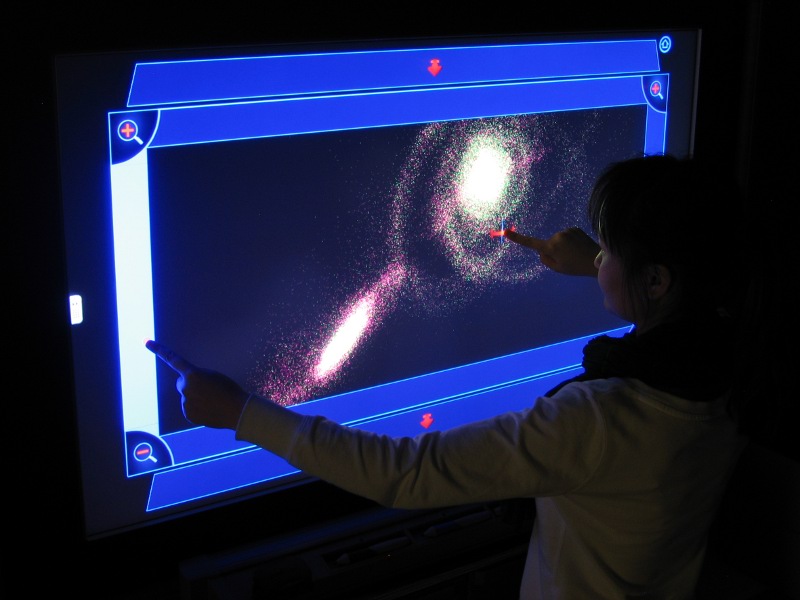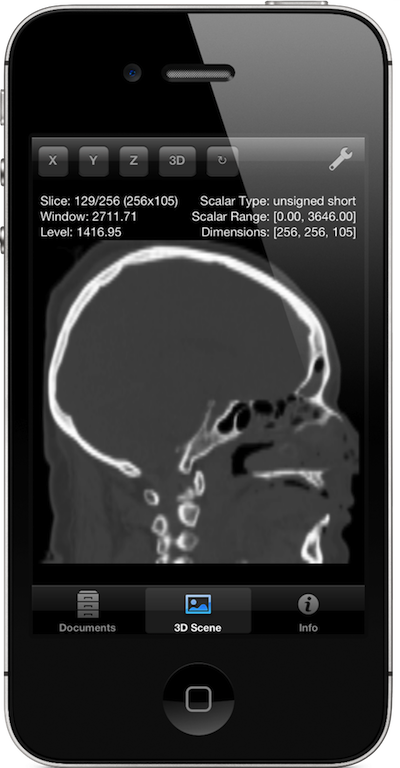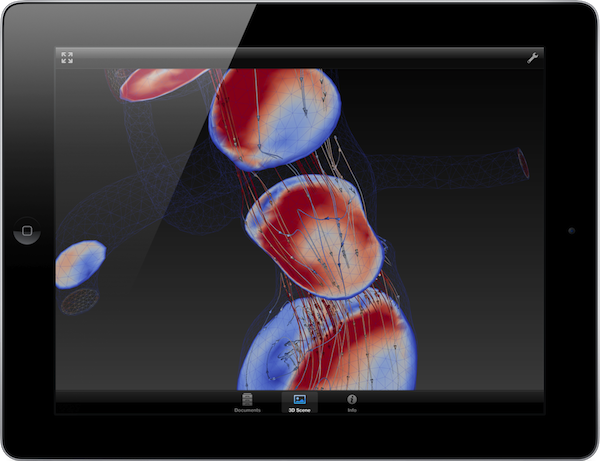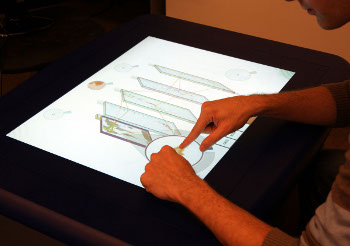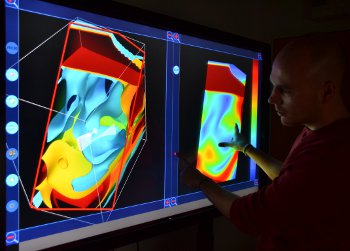
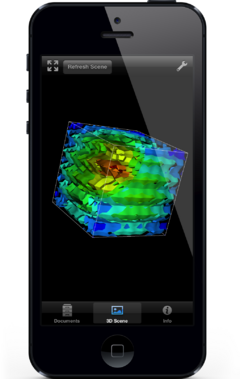






1st Workshop on Mobile Immersive Visualization (WMIV 2013)
August 27, 2013
Time: 9:00am-12:15pm
Location: Held in Room 18, AmalienstraBe 73a
(https://maps.google.com/maps?
at ACM 15th International Conference on Human-Computer Interaction with Mobile Devices and Services,
MobileHCI 2013 {http://www.mobilehci2013.org/}
Abstract
There is a growing interest in interaction research for immersive visualizations. Mobile technologies may address problems relating to efficiency and workflow. This half-day workshop intends to bring together researchers, developers, and users from multiple communities in mobile computing, visualization, and virtual and augmented reality to discuss issues and share ideas that relate to mobile technologies as solutions for interacting with or displaying data in immersive visualizations. This workshop will serve as an opportunity for sharing and initiating cross-disciplinary work in mobile immersive visualization.
Participants are invited to submit papers (2-4 pages) describing positions, preliminary research, prototypes, design work, works-in-progress or applications for mobile devices with a primary focus on 3D or immersive visualization. Submissions will be peer-reviewed and authors of accepted papers will be invited to present. Demonstrations of prototype interfaces, interaction modalities, and interactive immersive systems are highly encouraged.
Description
Visualizations represented utilizing three-dimensional graphics can lead to difficulties in interaction for a number of reasons, such as depth information, added degrees of freedom, occlusion, and rendering methods. Immersive visualizations allow users to see the depth information more clearly through the use of stereoscopic displays, but other interaction problems remain. There is a growing interest in interaction research for immersive visualizations. Interaction is an important element for scientists exploring and analyzing their data. Transparent interaction will allow scientists to gain more insight to their data and make new discoveries, without the additional cognitive load.
Traditional interaction modalities may not be sufficient to select and
manipulate multiple objects or data points or have the potential to interfere
with users’ sense of immersion or workflow. Mobile technologies have being
growing in popularity as solutions to these interaction problems, and even have
been utilized to facilitate immersion in a different way by navigating views in
a 3D visualization on the mobile display. Additionally, there is a strong
interest in scaling interfaces from the desktop display to higher immersive
display systems, therefore cost, availability, and familiarity all play a role
in designing interaction where the use of mobile technologies may be able to
address these issues. However, solutions tend to be focused on separately in
these communities, and there are challenges and limitations that may not be
addressed and some innovative solutions may not be realized separately in these
communities. We propose a common forum to openly discuss these issues and ideas
for solutions.
The
MobileHCI 2013 Workshop on Mobile Immersive Visualization is intended to bring
together researchers, developers, and users from multiple communities in mobile
computing, visualization, and virtual and augmented reality to discuss issues
and share ideas that relate to the process, interaction modalities, hardware,
software, interface constraints, and users’ goals and workflow as they relate to
the problem of interacting with data in immersive visualizations. This workshop
will also serve as an opportunity for sharing and initiating cross-disciplinary
work in mobile immersive visualization. Participants in this workshop will
benefit from the presentations and energized discussions to initial new and
exciting developments in this area as well as connections for collaborations
among multiple research disciplines.
